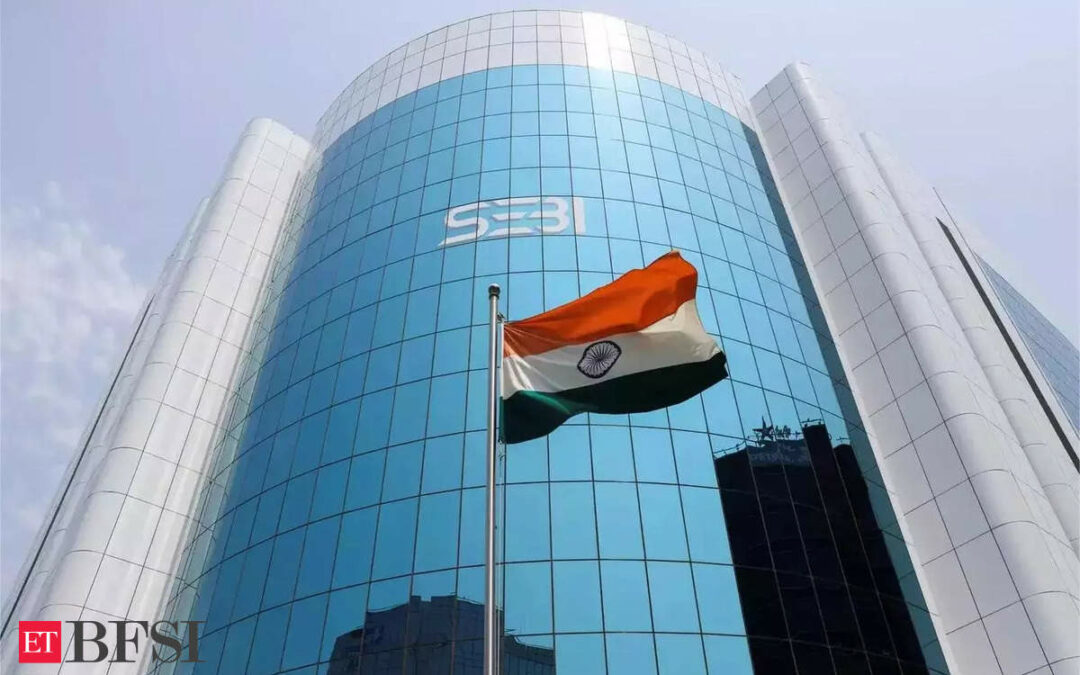The Securities & Exchange Board of India (SEBI) had recently passed a confirmatory order dated April 26, 2024, in the matter of Growpital Platform, confirming its findings in the interim order dated January 29, 2024.
The Regulator had directed that Growpital, which allegedly collected investments from individuals in lieu of attractive returns, will have to stop accepting any further deposits from the investors (existing as well as new). The Regulator’s preliminary examination had found the company’s business model to be a Collective Investment Scheme (CIS), operated illegally without any licence or registration from SEBI.
Vide the interim order, SEBI also directed for freezing of bank accounts of the entities involved in the alleged pooling/transfer of funds including the direction to freeze the bank accounts of the individuals/partners involved.
As the matter is sub-judice before the Hon’ble Securities Appellate Tribunal (SAT), it is important to understand the powers vested with SEBI to attach bank accounts and the way it is being utilized, without delving into the specifics of the case.
Under Section 11(4)(e) of the SEBI Act, 1992, SEBI has the authority to attach bank accounts, but it must obtain confirmation from the Special Court established under the SEBI act within 90 days of the attachment. Furthermore, only those bank accounts related to the proceeds involved in the alleged violation can be attached.
This means that SEBI can only freeze bank accounts connected to the alleged offense or violation under investigation. This power is similar to the powers granted to investigating authorities under Section 102 of the Code of Criminal Procedure, 1973 (CrPC) wherein the investigating authorities can only freeze bank accounts if the deposit in the account is stolen money, or the account is connected with an alleged offence which is under investigation.
In the instant case, though SEBI has released the bank accounts of the individual partners vide its confirmatory order, however, neither of the two orders passed by SEBI specify that the bank account of such individuals had any trail/link with the money collected in the alleged scheme. The confirmatory order came 90 days after the interim order, and the freezing of other entities’ bank accounts continued without any mention of confirmation sought from the Special Court.
Such approach of the regulator may be arbitrary and could be challenged on its vires. Considering the commendable work done by the regulator over the past years in regulating the securities market, any procedural lapse may provide a leeway for the defaulters to seek a relief.
Before the amendment in 2019, SEBI could only attach the bank accounts after seeking an order from the Judicial Magistrate. However, considering that this power was to be used in the exercise of interim and urgent preventive action, the amendment gave the power to SEBI with certain checks and balances.
Therefore, the regulator must use this power with utmost caution and while adhering to the prescribed procedure, thus ensuring procedural fairness, and balance of convenience between the parties.
(The authors are Partner and Associate at Saraf and Partners; Views are personal)










